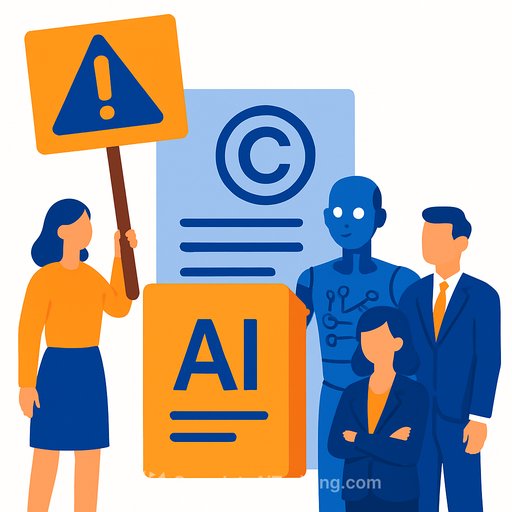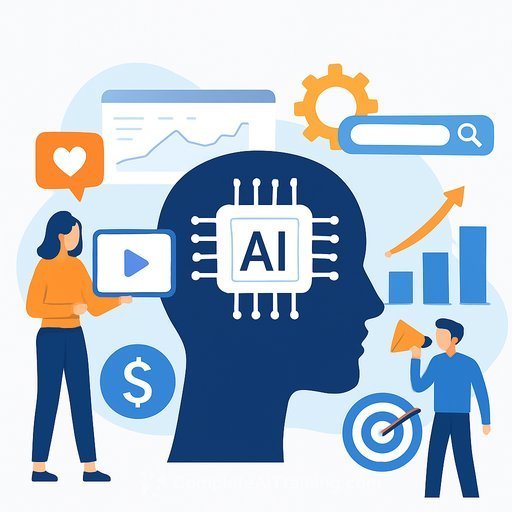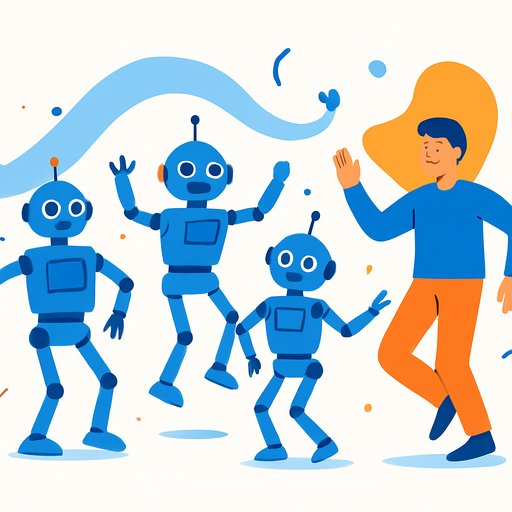US Copyright Office Signals Limits on AI Training Under Fair Use
The ongoing debate around whether training generative AI on copyrighted work qualifies as fair use has taken a significant turn. The US Copyright Office issued a report stating that some commercial uses of copyrighted material for AI training exceed established fair use boundaries. While this initially seemed like a win for artists, the aftermath revealed deeper conflicts and political upheaval within the Copyright Office itself.
Key Findings from the Copyright Office Report
Released as a pre-publication draft, the report addresses how generative AI interacts with copyright law, particularly fair use. It recognizes that some uses—such as research and education—fit within fair use protections. However, using copyrighted content to train AI models that then produce competing commercial works crosses a legal line.
The report highlights the importance of considering the market impact of AI-generated outputs. If AI content substitutes for original works in the marketplace, that use likely violates fair use. The office suggests a balanced path forward: permit fair use for research and analysis but require licensing when AI is used commercially to compete with copyrighted content.
In the report’s words, supporting both AI innovation and creative industries requires effective licensing systems. This approach aims to protect creators' rights while allowing AI technology to advance without undermining intellectual property.
Political Fallout After the Report
Just one day after the report's release, Director of the Copyright Office Shira Perlmutter was reportedly fired via email. This move sparked immediate backlash from artists, lawmakers, and copyright advocates, who saw it as a politically motivated response to the report’s pro-creator stance.
Democratic Representative Joe Morelle called the firing an “unprecedented power grab” and suggested it was retaliation for resisting tech giants’ demands to mine copyrighted works for AI training. The American Federation of Musicians lamented the loss of a leader who understood the fundamental role of human creativity in copyright law.
Legal experts also questioned the legality of the firing, noting that only the Librarian of Congress has authority to hire or fire the Copyright Register. Yet, the Librarian of Congress, Carla Hayden, was also recently terminated, adding layers of uncertainty to the agency’s leadership.
Confusion and Resistance at the Copyright Office
Following these dismissals, two men claiming appointments as the new Librarian of Congress and Copyright Office Director attempted to enter the Copyright Office but were reportedly turned away by Capitol Police. Their appointments have not been confirmed by Congress, as required by law, leading to a standoff over control of these key positions.
This turmoil unfolds amid multiple ongoing lawsuits between AI companies, publishers, and creators over the use of copyrighted materials in AI training. The Copyright Office report was intended to provide clarity, but political interference threatens to cloud the path forward.
What Creatives Should Watch
- The Copyright Office’s stance supports licensing models for commercial AI training, which could create new revenue streams for artists if implemented.
- The legal battles ahead will shape how AI technologies use copyrighted works, impacting photographers, videographers, musicians, and other creatives.
- Political instability in the Copyright Office may delay or complicate the establishment of clear rules that balance AI innovation and creator rights.
As these events unfold, creatives should stay informed about legislative developments and court rulings that will influence copyright protections in the age of AI.
For creatives interested in understanding AI’s impact and training models within legal frameworks, resources like Complete AI Training offer valuable courses and insights.
Your membership also unlocks:





